They affect almost all our decisions, from the neighborhood we choose to the close friends we have to smaller things like the food we order at a restaurant. This is why we must evaluate our biases, and be mindful of our hidden prejudices and the way they manifest themselves in words and actions.
The more you learn about these biases, the better equipped you will be to deal with them. To help you, we have curated this list of learning resources that you can use to learn about unconscious biases.
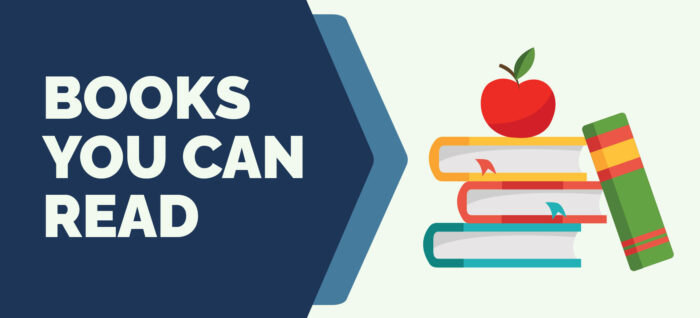
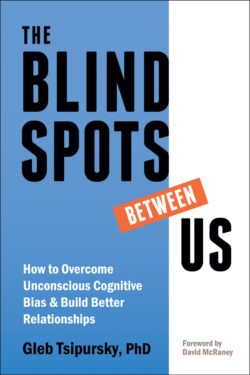
This is a book based on cognitive behavioural therapy (CBT) that identifies the most prevalent “hidden” cognitive biases that blind us to the truth and lead to misconceptions that damage our relationships. Whether it’s with our family, friends, classmates, or workplace, we all want positive, productive, and authentic connections. This book will teach you how to debias—how to stop, pause, and objectively examine events before leaping to assumptions about the motives of others.
This much-needed book will assist you in identifying your personal blindspots and moving past them in order to improve your relationships—and the world.
Also read: Let’s Have a Conscious Conversation About Unconscious Bias!
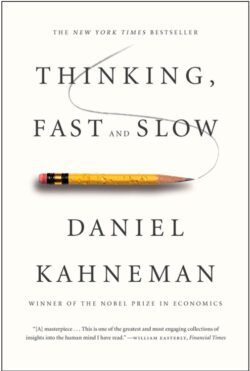
Kahneman takes us on a tour of the mind in Thinking, Fast and Slow, and explains the two systems that control the way we think. System 1 is quick, intuitive, and emotive, while System 2 is slow, deliberate, and rational. This book reveals fast thinking’s tremendous capabilities, as well as its flaws and biases and also uncovers the influence of gut instinct on our thoughts and actions.
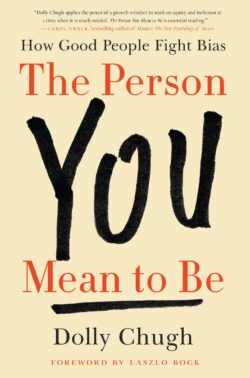
Dolly Chugh, an award-winning social psychologist at the New York University’s Stern School of Business, offers this inspiring guide on how to address challenging issues like sexism, racism, inequality, and injustice in order to change the world (and yourself).
She offers practical tools to respectfully and effectively talk politics with family, to be a better colleague to people who don’t look like you, and to practice inclusion in everyday life, based on her research findings in unconscious bias as well as work across psychology, sociology, economics, political science, and other disciplines. She emphasises that being the person we want to be begins with a look in the mirror.

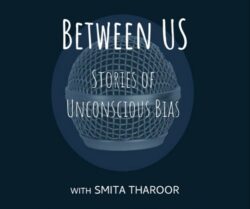
Smita Tharoor, the show’s host, invites guests from all around the world to tell their stories and reflect on their personal experiences with unconscious bias. She believes that a single encounter can lead to a lifelong belief, often resulting in unconscious bias and tries to uncover these experiences in this series of podcasts.
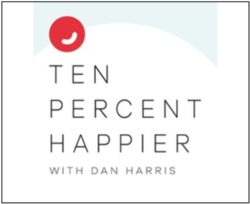
Jessica Nordell, a science and culture reporter explores why humans evolved to have biases, what happens physiologically when biases are challenged, and how mindfulness can help in reducing bias in this episode.
Also read: Be More Inclusive in Your Everyday Life.
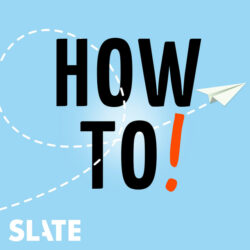
In this episode of How to!, guest host Celeste Headlee discusses unconscious biases with Mahzarin Banaji, a Harvard psychologist and the author of Blindspot: Hidden Biases of Good People. The episode explores tips on how to question our gut feelings and intentionally alter our perceptions of people who are different from us.
Remember, the first step to changing your mindset is “awareness.” So give these books and podcasts a try and become more aware and be better prepared to tackle biases within yourself and others around you.
Do you know of any other learning resources on Unconscious Bias? Tell us about it in the comments below and help others!
Rakshanda believes that stories can change the world and loves doing everything to bring them forth. She is a lover of dark humour and doesn’t mean most of it (well, almost!). An exceptional cook from a young age, she adores connecting with people over recipes and hot beverages. She prefers the company of doggos over humans and can be seen adding all things art to her Pinterest board during her free time. Got a recipe to share or story to tell? Reach out to her at storyweavers@byjus.com
Comments
Gautam Jayasurya
May 24, 2022
Wonderful post!
K.R.Lailambika
April 18, 2022
Stories can mould minds,especially of young generation. Rakshanda”s attempts seem to be peculiar but praiseworthy.This concept is to be dealt with in detail as its consequences are far reaching.
Ahilkannan
April 17, 2022
Thank you. It was a great suggestion.
Tulika singh
April 14, 2022
Books are something which can motivate you teach you , it can help in taking wise decisions, helps , helps in being a good person .
Nilesh tiwari
April 14, 2022
Thanks byjus